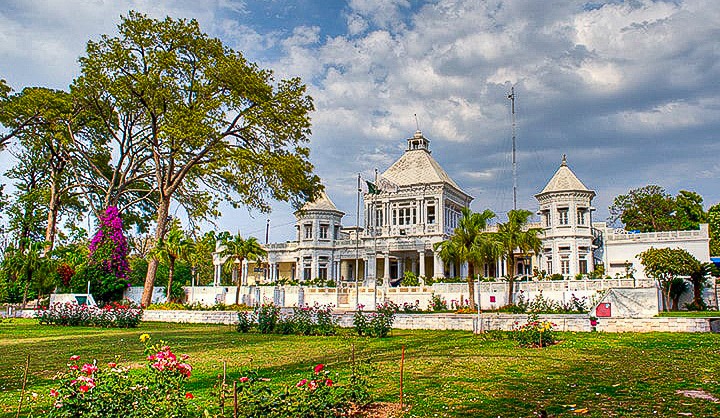Fatima Jinnah Women University, Rawalpindi, took a significant step towards advancing education in Pakistan by organizing the International Conference on Innovations in Education, Pedagogy, and Assessment.
The conference, held recently, served as a platform to share cutting-edge research and insights aimed at revolutionizing educational practices.
Under the patronage of Prof. Dr. Uzaira Rafique, Vice Chancellor of Fatima Jinnah Women University, the event commenced with a focus on the symbiotic relationship between pedagogy, technology, and assessment. Dr. Rafique emphasized the pivotal role these elements play in driving educational progress and enabling students to excel.
“With the intersection of pedagogy, technology, and assessment, we find ourselves at the cusp of an educational revolution,” remarked Dr. Rafique, highlighting the transformative potential of embracing innovative approaches in education.
The conference featured keynote speaker Prof. Dr. Nasir Mehmood, Vice Chancellor of Allama Iqbal Open University, Islamabad, who presented a comprehensive framework for digital learning assessment. Addressing the challenges and opportunities posed by digital assessment, Dr. Mehmood underscored the importance of adhering to fundamental principles to ensure effective evaluation and learning outcomes.
“Assessment in the digital age requires careful planning and consideration of fairness, accessibility, and academic integrity,” noted Dr. Mehmood, urging educators to adopt innovative assessment strategies tailored to the evolving educational landscape.
Throughout the event, educators, policymakers, researchers, and intellectuals engaged in dynamic discussions on advanced research in education, teaching, and learning. Topics such as teacher empowerment, educational leadership, and information and communication technologies were explored in depth, reflecting a commitment to driving meaningful change in education.
Attendees expressed enthusiasm for implementing the insights gained from the conference in their respective educational settings, underscoring the potential for collaboration and innovation to shape the future of education in Pakistan.
Looking ahead, organizers and participants alike expressed anticipation for future conferences and continued dialogue on educational innovation and assessment, signaling a collective commitment to driving positive change in Pakistan’s educational landscape.
